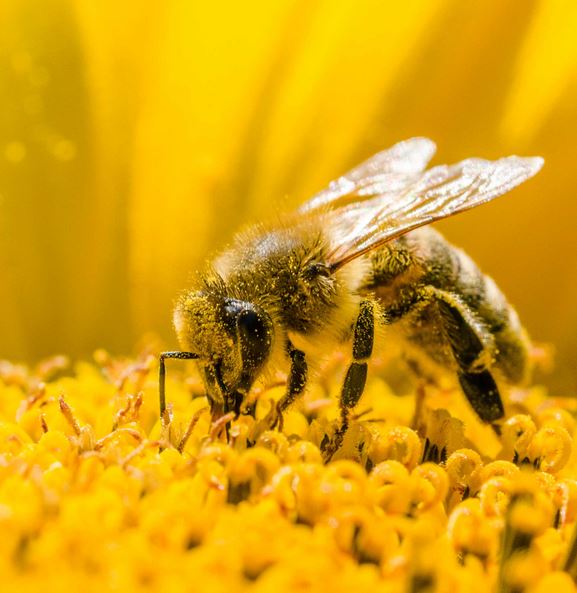What happens if bees extinct?

Decrease in Food Supply: Bees are responsible for pollinating approximately 30% of the world’s crops, including fruits, vegetables, nuts, and seeds. The extinction of bees would lead to a decrease in food supply and availability, which would have severe consequences for both humans and animals.
Decline in Biodiversity: Bees play a vital role in the ecosystem by pollinating a wide variety of plants, including those that are important for maintaining biodiversity. The loss of bees would have a domino effect on the environment, potentially leading to a decline in plant populations and the loss of other pollinators.
Economic Impacts: The extinction of bees would have significant economic impacts, affecting both agricultural production and the industries that rely on bee-derived products such as honey, beeswax, and propolis.
Food Insecurity: As the food supply decreases, food prices would increase, making it more difficult for people, especially those in developing countries, to access sufficient and nutritious food, leading to food insecurity.
Disruption of Ecosystem Services: Bees are crucial for maintaining the ecological balance of the ecosystem. They help to pollinate wildflowers, which provide food for other insects, birds, and animals. Without bees, the ecosystem services provided by these pollinators would be disrupted, leading to imbalances in the ecosystem.
Disappearance of Medicinal Plants: Bees are responsible for pollinating many medicinal plants, such as echinacea, which is used to boost the immune system. The extinction of bees could lead to the disappearance of many such plants.
Threat to Livelihoods: The extinction of bees could have a significant impact on the livelihoods of people who rely on beekeeping, honey production, and related industries.
Loss of Cultural Practices: Many cultures have a long history of beekeeping and honey production. The extinction of bees could lead to the loss of these cultural practices.
Increased Pesticide Use: Farmers may increase their use of pesticides to compensate for the loss of bees. This would have negative consequences for the environment, including the potential for pesticide residues in food and water sources.
Impacts on Wildlife: Bees are an important food source for many species, including birds and bears. The extinction of bees could lead to a decline in these animal populations, affecting the overall biodiversity of ecosystems.




















